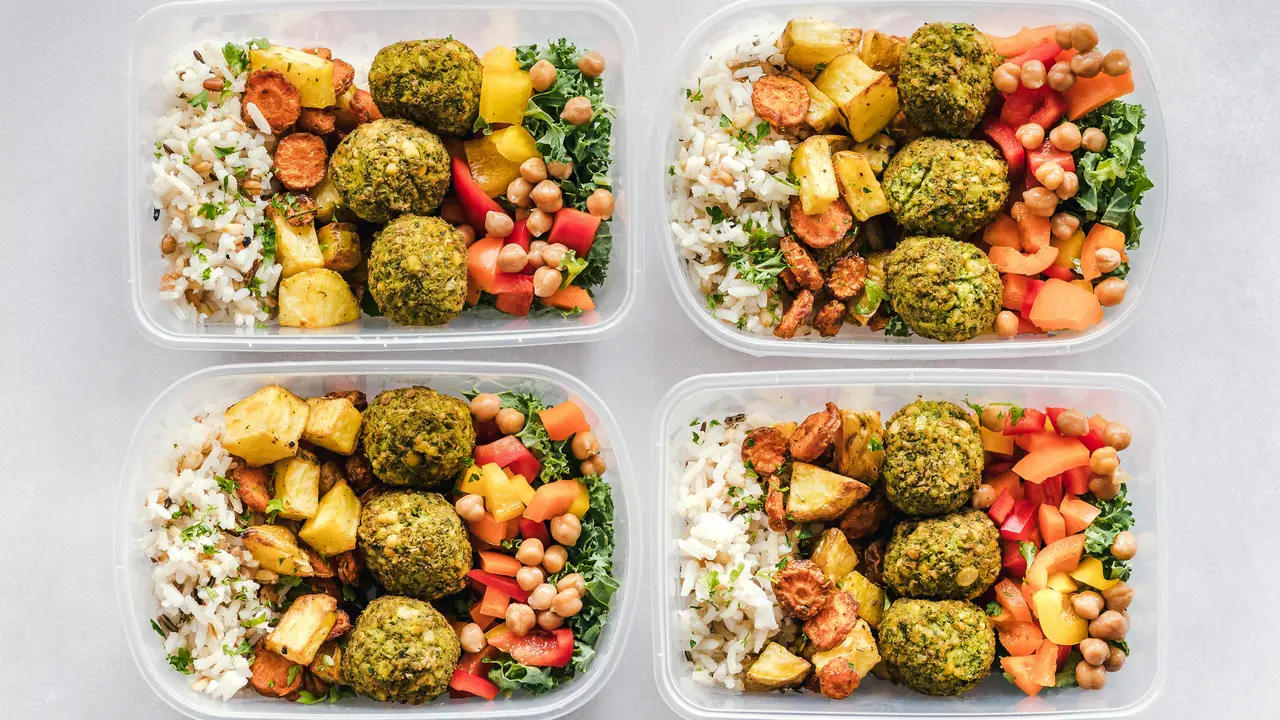Are you looking to enhance your hydration with essential nutrients? Learning how to add minerals to water can have a positive impact on your overall health. In this ultimate guide, we’ll explore various methods to enrich your drinking water, ensuring you stay hydrated and healthy. Discover the perfect balance of taste and benefits as we dive into this essential process!
Why Adding Minerals to Water is Important
Mineral-enriched water offers numerous health benefits that can enhance your well-being. Here’s why you should consider adding minerals to your hydration routine:
- Improves hydration: Minerals help your body absorb water more effectively.
- Supports bodily functions: Essential minerals like calcium and magnesium contribute to bone health and muscle function.
- Balances electrolytes: Keeping hydration levels balanced prevents fatigue and muscle cramps.
The Role of Essential Minerals
Understanding which minerals are beneficial can help you choose the right supplements for your water:
- Calcium: Vital for bone health and muscle function.
- Magnesium: Helps maintain normal nerve and muscle function.
- Potassium: Essential for maintaining electrolyte balance and cardiovascular health.
- Zinc: Supports a healthy immune system.
How to Add Minerals to Water: Methods You Can Use
There are several effective methods for how to add minerals to water. Here are some of the most popular techniques:
1. Mineral Drops
Mineral drops are a convenient way to add a precise amount of essential nutrients to your water. Here’s how to use them:
- Choose a high-quality mineral drop product.
- Follow the recommended dosage per cup or liter of water.
- Shake the bottle before use to ensure minerals are well mixed.
2. Mineral Tablets
Mineral tablets dissolve in water, releasing essential nutrients. To use mineral tablets:
- Add the tablet to a glass or bottle of water.
- Wait for the tablet to dissolve completely.
- Stir if necessary and enjoy your mineral-rich drink.
3. Infusing with Natural Minerals
Using natural mineral stones, like Himalayan salt or mineral-rich rocks, can enhance water quality. Here’s a simple guide:
- Ensure the stones are food-grade and properly cleaned.
- Add them to a pitcher of water and let them infuse for several hours.
- Remove the stones before drinking, or leave them for continued mineral release.
Homemade Mineral Water Recipes
Creating your own mineral water at home is not only cost-effective but also fun. Here are a couple of easy recipes:
1. Citrus & Herb Infused Water
This recipe adds natural flavor and some minerals through added fruits and herbs:
- Ingredients: Lemon, lime, mint leaves, water.
- Instructions: Slice the fruits and add them along with mint leaves to a pitcher of water. Refrigerate for a few hours to enhance flavor.
2. Electrolyte-Rich Sports Drink
Perfect for post-workout recovery:
- Ingredients: Water, a pinch of sea salt, a tablespoon of honey, juice from half a lemon.
- Instructions: Mix all ingredients in a glass, stir well, and enjoy.
Choosing the Right Minerals for Your Needs
Identifying which minerals to add is crucial based on your lifestyle and health goals:
- Active Lifestyle: Consider magnesium and potassium for muscle recovery.
- Bone Health: Prioritize calcium and vitamin D to support bone density.
- General Well-being: A balanced mineral mix can enhance overall health.
The Science Behind Mineral Water
Research has shown that mineral-rich water can positively affect hydration levels and health benefits. Understanding the science can help you appreciate the importance of adding minerals to your water. Here are some key points:
- Minerals help maintain fluid balance in the body, affecting blood pressure and heart function.
- The bioavailability of minerals from water is often higher compared to food sources.
- Proper mineral balance can reduce the risk of chronic diseases and promote longevity.
Common Misconceptions About Mineral Water
There are several myths surrounding mineral water that can lead to misunderstandings. Let’s clarify a few:
- Myth: All bottled water contains minerals. Fact: Not all bottled water is mineralized; check labels for details.
- Myth: You can get enough minerals solely from food. Fact: While it’s possible, many people may need supplementation.
Final Thoughts on How to Add Minerals to Water
Learning how to add minerals to water can significantly enhance your hydration and well-being. From mineral drops to homemade recipes, there are numerous ways to enrich your water. Remember the essential minerals that your body needs, and find the method that suits you best. Start incorporating these tips into your daily routine and experience the benefits firsthand. Don’t forget to share this article with friends and explore more on our blog for other health-related topics!
Minerals – Recent Articles
- Unlock Goat Health: What Minerals Do Goats Need to Thrive?
- Discover What Organically Bound Minerals Are Used For!
- Does Primo Water Have Minerals? Discover the Truth Here!
- Do All Minerals Have Cleavage? Unveiling the Truth!
- Discover What Type of Rock Is Not Made of Minerals!
Minerals – Useful Links
- NIH Office of Dietary Supplements – Vitamin and Mineral Supplement Fact Sheets
- Harvard T.H. Chan – The Nutrition Source: Vitamins and Minerals
- MedlinePlus – Minerals
- Nutrition.gov – Vitamins and Minerals
- NCBI Bookshelf – “Minerals” (in “Diet and Health”)
